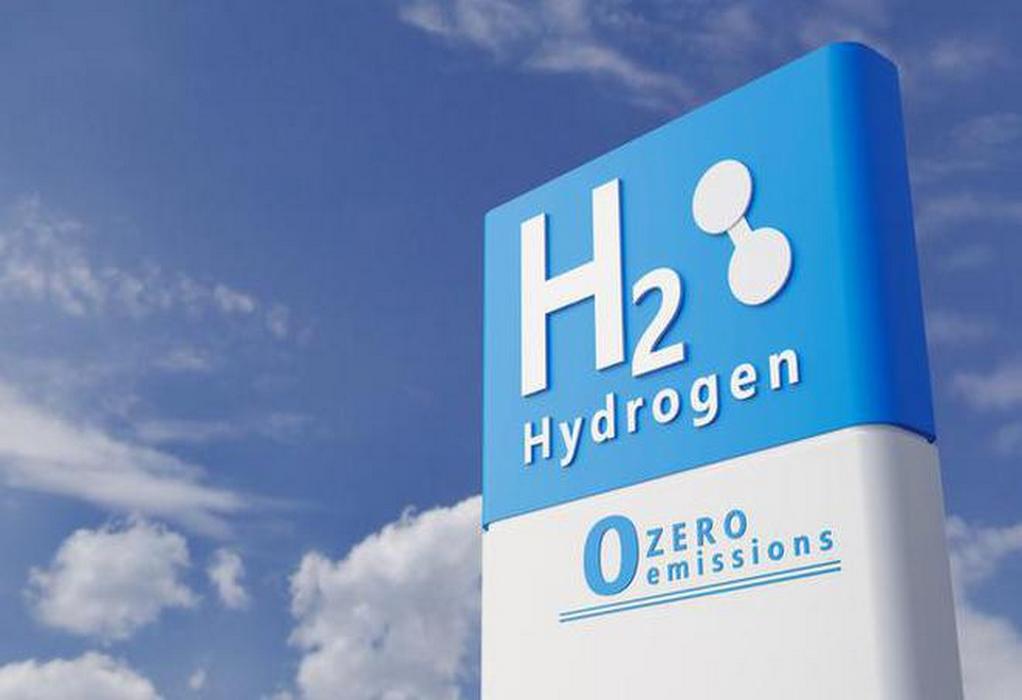Kazakhstan has an abundance of minerals such as copper, which will be critical to supporting the electric revolution, such as battery electric vehicles. At the same time, it is also prepared to produce green hydrogen for export. This places the country in a central position in Europe’s overall efforts for decarbonization.
The country has developed its first low-carbon strategy, which includes an ambitious and highly promising renewable energy sector. Moreover, it has also revealed an openness for investment into emerging industries such as renewable H2, with its President Tokayev in strong support of turning the entire country into a “green powerhouse.”
This is a striking redirection from the country’s traditional focus on its hydrocarbon reserves, as a production hub for Shell, Exxon, Total, and Chevron. This is pushing the country into the position of a key facilitator for the clean energy transition in Europe.
The green hydrogen production strategy is only strengthened by the country’s mineral mining.
With an established mining industry for minerals specifically vital to decarbonization efforts – such as copper and nickel – Kazakhstan is in a strong position to support both the growth of the electric revolution and the expansion of green hydrogen simultaneously.
Tags: COP27, European, Hydrogen, Kazakhistan



Recent Posts
Report Highlights Pathway for Electrifying Nigeria’s Container Trade Sector
South Korean Company YPP Plans to Invest up to $3.1 Billion in Green Hydrogen Production in Kazakhstan
WattEV Expands Electric Truck Charging Network with Three New Depots in California
Anemoi Develops New Method to Accurately Measure Wind-Assisted Propulsion Benefits
Navigator Holdings and Amon Maritime Form Joint Venture for Ammonia-Fuelled Carrier Fleet
Hygenco Commissions Maharashtra’s First Green Hydrogen and Oxygen Facility to Power STL’s Net Zero Goals
India Invites Second Round of R&D Proposals Under ₹4 Billion Green Hydrogen Mission
BMTC Adds 148 Tata Electric Buses to Bengaluru Fleet, Strengthens Green Mobility Drive